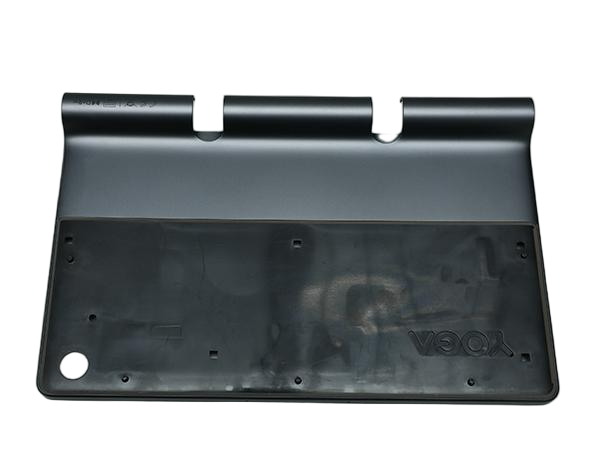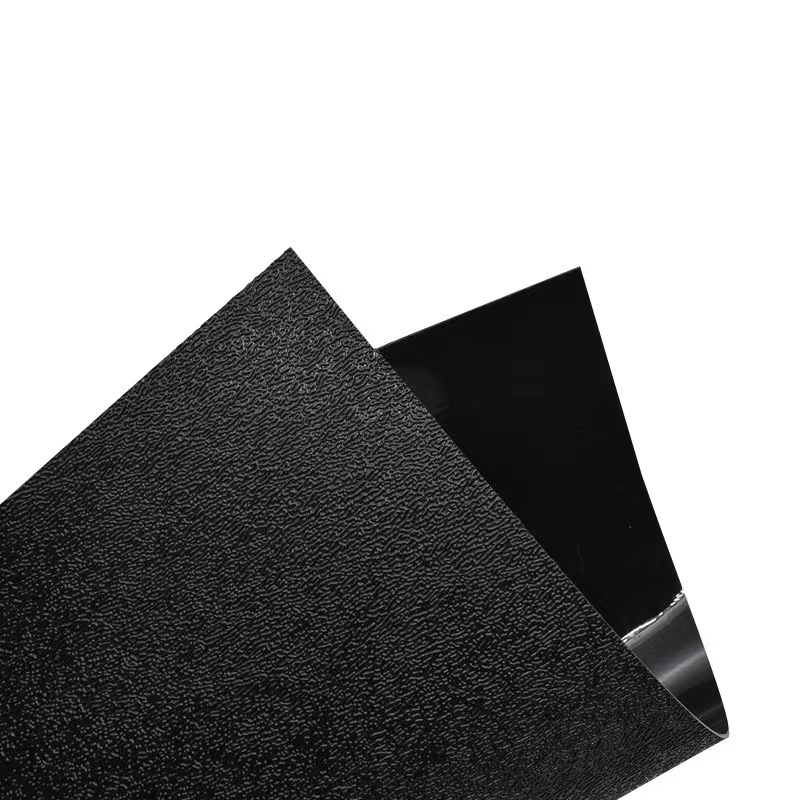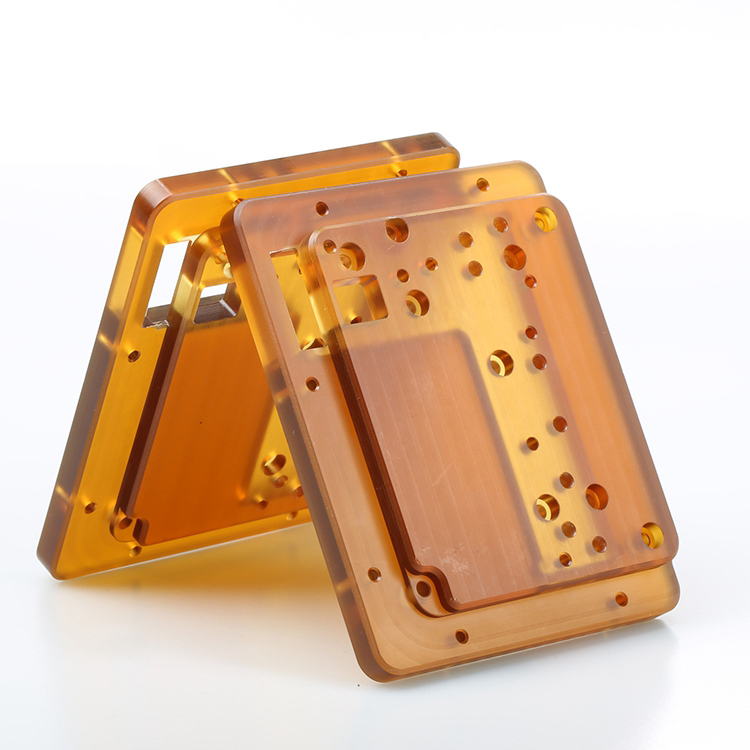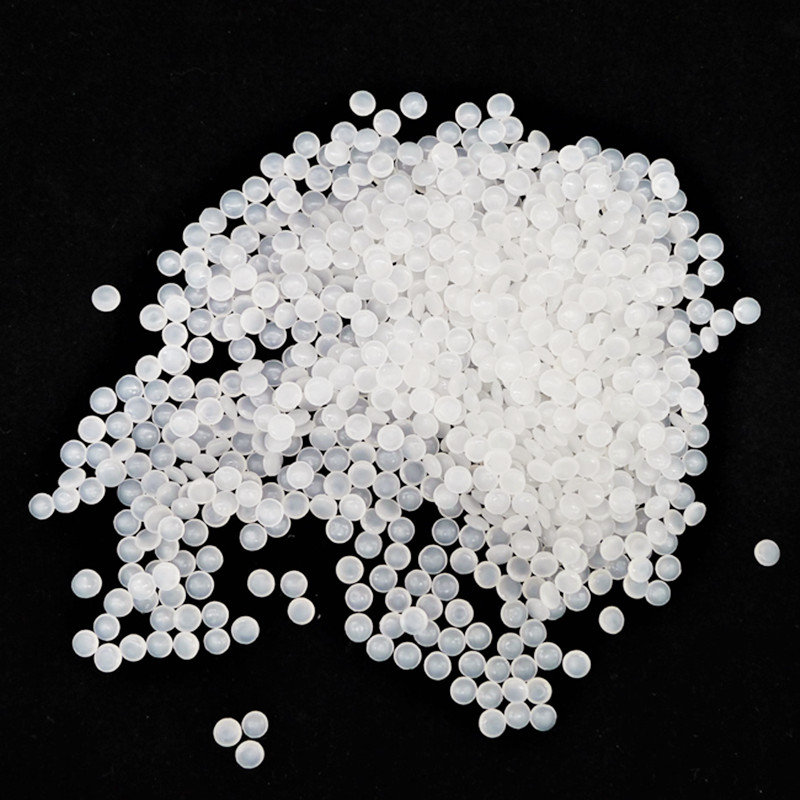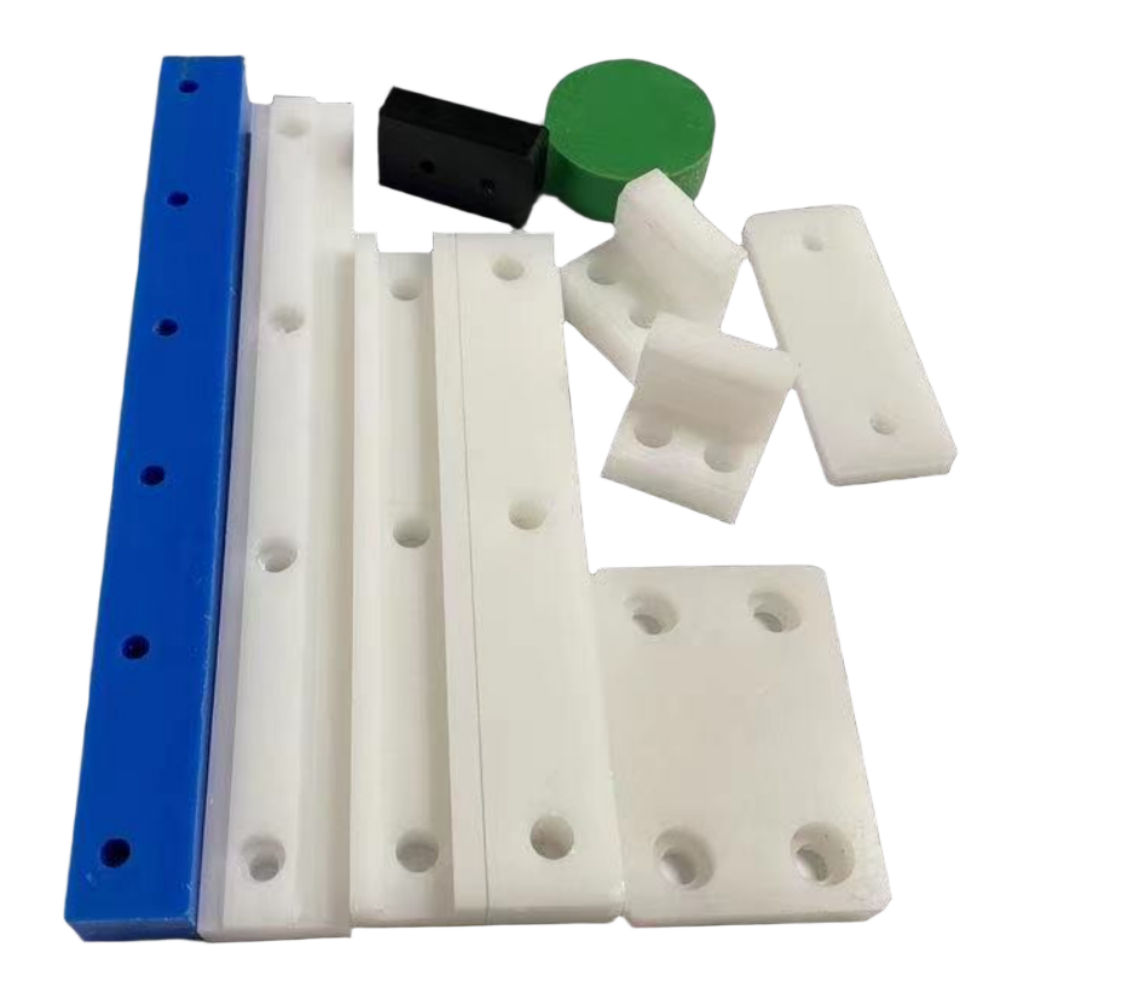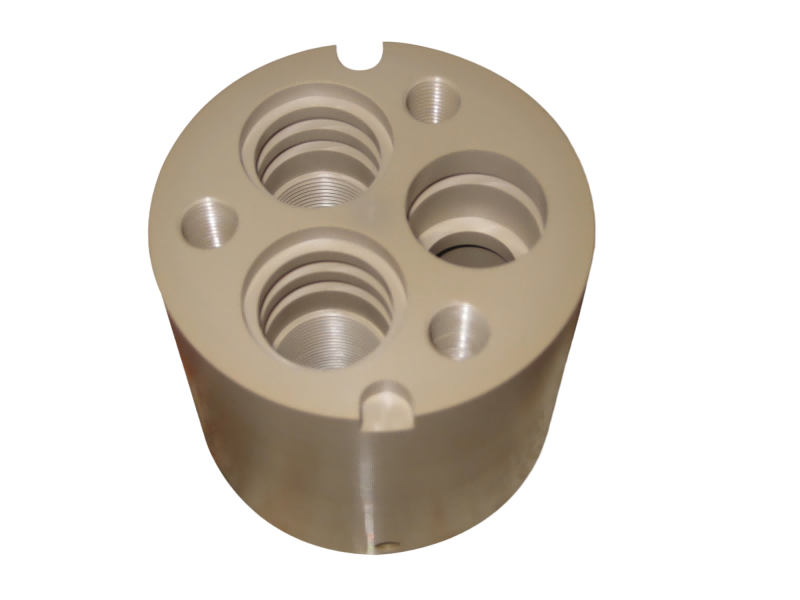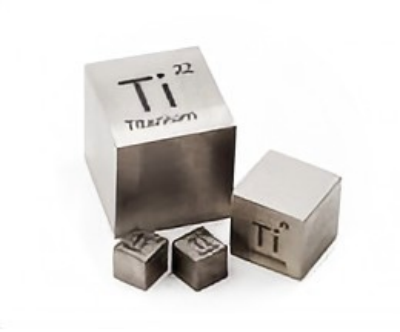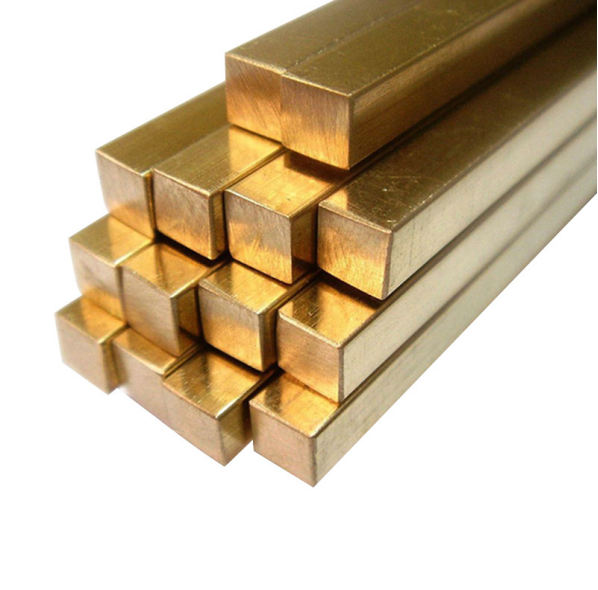Comparison of CNC Machining Materials
The information contained herein is typical values intended for reference and comparison only. They shall NOT be used as a basis for design specifications or quality control.
CPVC
Temperature Resistant, Flame Retardancy
CPVC (Chlorinated Polyvinyl Chloride) is a thermoplastic plastic obtained by chlorination modification of polyvinyl chloride (PVC). Such structural changes enable it to far outperform ordinary PVC in terms of heat resistance, mechanical properties, and chemical resistance, making it an ideal material for high-temperature and corrosive environments.
HIPS
Impact Resistance, Economical, Electrical Insulation
High Impact Polystyrene (HIPS) is a low-cost and easily processable plastic material. It is often used in the manufacturing of low-strength structural components in scenarios where comprehensive requirements for a material’s impact resistance, processability, and cost are required. Additionally, with its excellent dimensional stability and ease of being painted and bonded, it has become an ideal material for prototyping.
PEI
Temperature Resistance, Strength, CorrosionResistant, Flame Retardancy, Electrical Insulation, Aging Resistance
PEI (polyetherimide) is a high-performance thermoplastic engineering plastic that combines excellent heat resistance, mechanical properties, and chemical stability, enabling it to be widely used in high-end industrial fields such as aerospace, electronics and electrical engineering, and medical equipment.
LDPE
Corrosion Resistance, Toughness, Electrical Insulation
Low-Density Polyethylene (LDPE) is lighter than water, soft and tough, with excellent acid and alkali resistance as well as electrical insulation properties. It is widely used in fields such as packaging, agriculture, electronics, and daily necessities.
HDPE
Corrosion Resistance, Strength, Electrical Insulation
High-Density Polyethylene (HDPE) is a lightweight, chemically resistant, and high-strength material. It is flexible and tough, commonly used in applications such as food packaging (e.g., food containers), agricultural films, daily necessities (e.g., storage boxes), and water tanks.
PEEK
Corrosion Resistance, Strength, Temperature Resistant
PEEK (Polyetheretherketone) is a top-performing thermoplastic engineering plastic, featuring excellent high-temperature resistance, robust mechanical properties, versatile corrosion resistance, top-tier biocompatibility, exceptional dimensional stability, and outstanding electrical insulation and radiation resistance. It is widely used in high-end fields such as aerospace, high-end medical care, and electronic semiconductors.
Titanium
Heat Resistance, Corrosion Resistance, Strength
Titanium alloys are high-performance materials that combine exceptional strength, a superior strength-to-weight ratio, outstanding corrosion resistance, high-temperature stability, and excellent biocompatibility. While costlier and more difficult to process than steels or aluminum alloys, their unique advantages—high strength, light weight, and durability in extreme environments—make them indispensable in aerospace, advanced medical, and deep-sea applications, where performance takes priority over cost.
Brass C260
CorrosionResistant, Machinability
Brass is an alloy primarily composed of copper and zinc. This golden-hued material not only exhibits excellent weather resistance and corrosion resistance, but its tensile strength also rivals that of low-carbon steel, demonstrating outstanding mechanical properties. Brass boasts exceptional machinability, enabling it to support higher feed rates during processing operations such as cutting and stamping, while requiring minimal cutting fluid. This combination significantly reduces both processing costs and process complexity.

